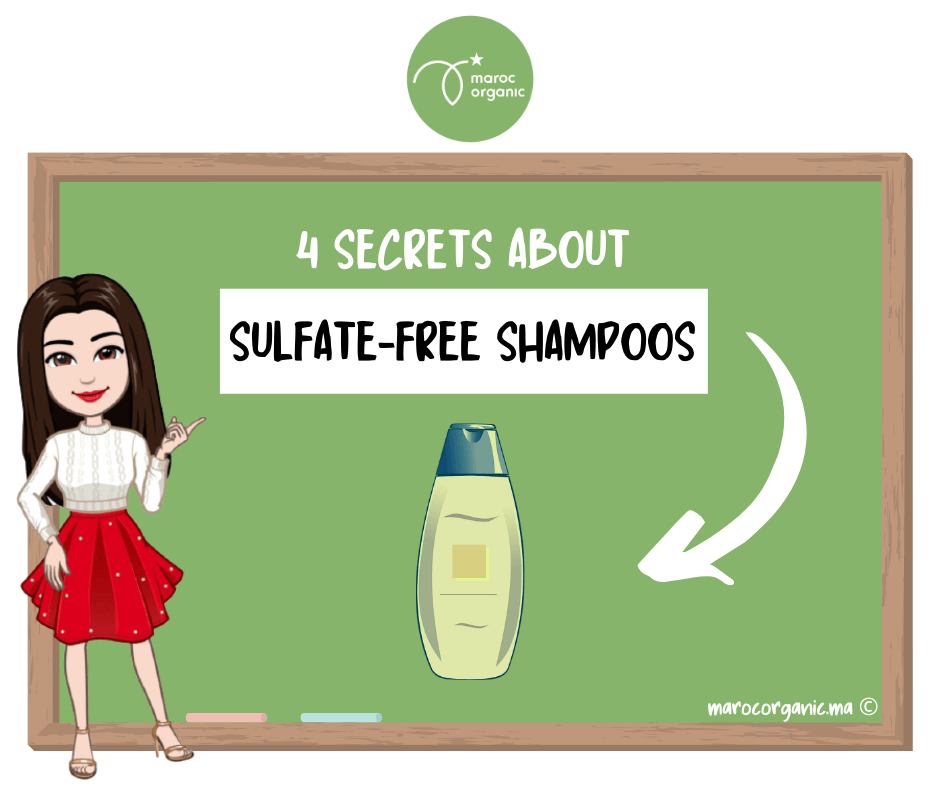The Truth About Sulfate-Free Shampoos and Conditioners

The Truth About Sulfate-Free Shampoos and Conditioners: Hype or Holy Grail?
Sulfate-free shampoos and conditioners have exploded in popularity, promising gentler cleansing and healthier hair. But are these claims backed by science, or is it just clever marketing? Let’s delve into the truth behind this trending haircare category.
What are Sulfates?
Sulfates, specifically sodium lauryl sulfate (SLS) and sodium laureth sulfate (SLES), are surfactants. These are the ingredients that create the lather we associate with cleaning. They’re effective at removing dirt, oil, and product buildup, making our hair feel squeaky clean. However, their potent cleansing power is also their downfall.
The Arguments Against Sulfates:
Proponents of sulfate-free products cite several concerns:
- Drying: Sulfates can strip the hair of its natural oils (sebum), leading to dryness, frizz, and damage, especially for those with dry, damaged, or color-treated hair.
- Irritation: For individuals with sensitive scalps or skin conditions like eczema or psoriasis, sulfates can exacerbate irritation and inflammation.
- Harmful Chemicals: While generally considered safe at low concentrations, some studies suggest potential long-term health concerns linked to SLS and SLES exposure. However, more research is needed to definitively confirm these links.
The Arguments For Sulfates:
It’s not all doom and gloom for sulfates. They offer several benefits:
- Effective Cleansing: They’re highly effective at removing dirt, oil, and product buildup, leaving the hair feeling clean and fresh. This is especially beneficial for those with oily hair or scalps.
- Affordability: Sulfate-containing shampoos and conditioners are generally more affordable than sulfate-free alternatives.
- Lather: The rich lather provides a satisfying cleansing experience for many users.
Sulfate-Free: The Reality
Sulfate-free products typically use alternative surfactants, such as coco-glucoside, cocamidopropyl betaine, and decyl glucoside. These are generally considered milder and less irritating. However, they might not cleanse as effectively, resulting in:
- Less Lather: Expect a less voluminous lather compared to sulfate-containing products.
- Potential Build-up: If not used properly, they may not fully remove product buildup, potentially leading to dullness and weighing down the hair.
- Higher Cost: Sulfate-free formulations are often more expensive.
The Bottom Line:
The “truth” about sulfate-free shampoos and conditioners isn’t a simple yes or no. It’s a matter of individual needs and preferences. If you have sensitive skin, dry or damaged hair, or color-treated hair, switching to sulfate-free products might be beneficial. However, if you have oily hair or don’t experience any negative effects from sulfates, there’s no compelling reason to make the switch.
Ultimately, the best way to determine what works for your hair is through experimentation. Pay attention to how your hair and scalp react to different products and choose accordingly. Don’t fall for marketing hype; focus on finding products with ingredients that suit your individual hair type and concerns. Consider consulting a dermatologist or trichologist if you have persistent scalp issues.

